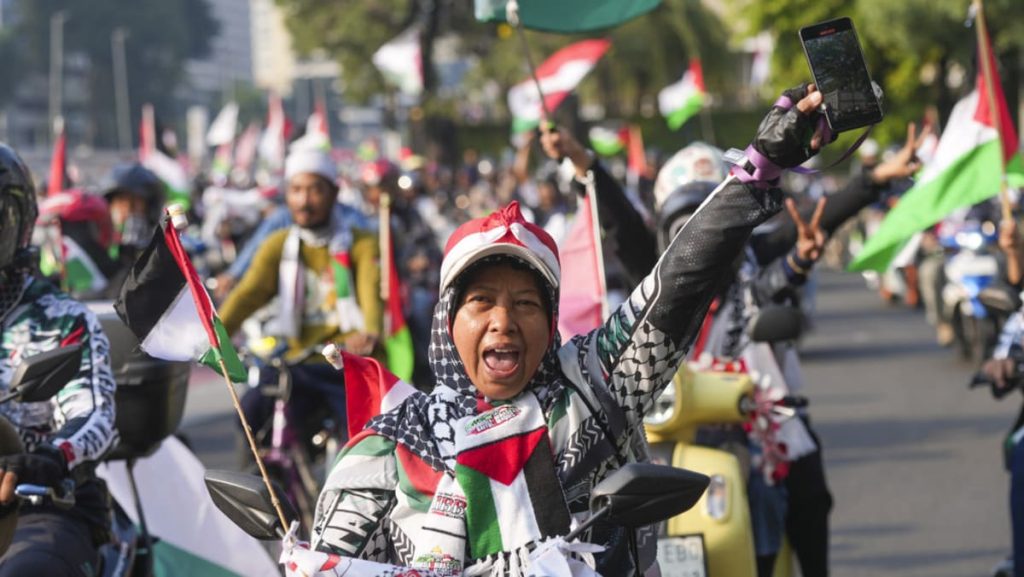Mr Zainul posted on Instagram about a trip to Israel where they discussed the Hamas-Israel conflict and relations between Indonesia and Israel. The post received strong backlash from the public, leading Mr Zainul to disable the comments section of his account and eventually delete the post. Mdm Hurriyah, a political lecturer at the University of Indonesia, stated that the trip caused outrage due to being held amid Israel’s actions in Palestine, which the Indonesian government had condemned. About 39,000 people have been killed in Palestine since October, according to local health authorities.
Professor Asep Saepudin Jahar of Universitas Islam Negeri (UIN) Syarif Hidayatullah Jakarta criticized the NU members for lacking sensitivity to the wider political situation. He mentioned that a visit to Israel is controversial in Indonesia even without ongoing war, let alone during a conflict with Palestinian citizens. He also highlighted that the NU members may be used or politicized as Israel seeks support from Indonesian Muslims. NU’s general chairman Yahya Cholil Staquf later apologized for the controversy during a press conference at the organization’s headquarters in Jakarta, expressing regret for the mistakes made by the NU members and seeking forgiveness from the wider community.
Despite the backlash, Mr Sukron clarified that the trip was solely initiated by civil society and not sponsored by the Israeli government. He explained that the purpose of the visit was not just to meet the president but also to engage in various activities aimed at understanding the situation and exploring ways in which Indonesian civil society could contribute to ending the conflict or at least achieving an armistice between the conflicting parties. Since Indonesia lacks diplomatic relations with Israel, Mr Sukron emphasized the importance of civil society making a tangible contribution to reducing civilian casualties in such conflicts.
The controversy surrounding the NU members’ trip to Israel highlighted the delicate political landscape in Indonesia, where a visit to Israel is considered highly contentious. The conflict between Hamas and Israel, as well as the ongoing situation in Palestine, fueled public outrage and condemnation of the NU members. Professor Jahar pointed out the need for greater sensitivity to political issues when engaging in international visits, especially in situations as complex and sensitive as the Hamas-Israel conflict. NU’s general chairman, Mr Yahya, acknowledged the mistakes made by the members and asked for forgiveness from the wider community during a public apology.
The trip also raised concerns about potential political implications and the manipulation of the situation by Israel to garner support from Indonesian Muslims. Such concerns underscore the need for greater awareness and understanding of the political dynamics at play in international relations, especially in conflict zones. Mr Sukron’s explanation of the trip’s purpose as a civil society initiative aimed at contributing to peace efforts and minimizing civilian casualties reflected a commitment to humanitarian values and a desire to make a positive impact in conflict-ridden regions like Israel and Palestine. Moving forward, NU will need to address the fallout from the trip and consider how to navigate politically sensitive issues in the future.


